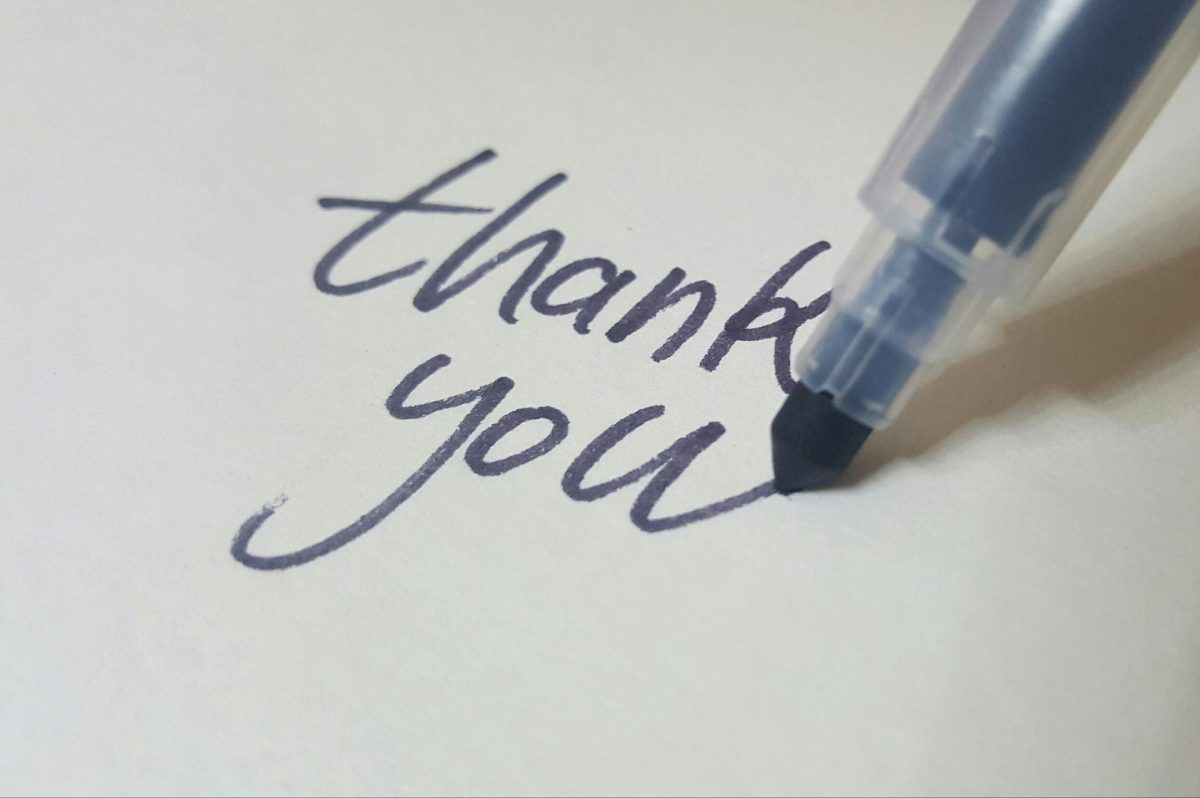When I was writing the last blog post… It is what it is or is it, I started thinking about another saying or phrase that I’m not sure I totally buy into. That would be the title of one of Elton John’s classics from the 1970’s: “Sorry seems to be the hardest word.” In fact, I would venture to say that saying “I’m sorry” should be one of the simplest and easiest actions you can – and should – take.
What Elton John Gets Wrong … The “When” of Saying I’m Sorry
In listening to the song (and in particular, the lyrics) multiple times, I noticed that one stanza caught my attention and it goes…
It’s sad, so sad
Why can’t we talk it over?
Oh, it seems to me
That sorry seems to be the hardest word
Is it possible that Elton John (and songwriter Bernie Taupin) made a common human error in writing these lyrics? Namely, they didn’t lead with the apology.
Following the train of thought in the song, the lyrics say, “Why can’t we talk it over?” Then they go on to note that,“sorry seems to be the hardest word.”
To me, the reason why we (or Elton) can’t talk it over is because we/Elton didn’t lead with “I’m sorry,” and then suggest “let’s talk it over.”
Sometimes it’s the order that matters.
The Simplicity of Saying I’m Sorry
Let’s put the song lyrics into a real-life situation. When I’m upset with someone, the last thing I want to do (at least initially) is to talk to them about it. So, ”why can’t we talk it over” is not even in the cards in the beginning.
However, if that person gets in touch with me and simply says, “Hey bro, I’m sorry for whatever…” no reason or excuse is needed or wanted at that point. As a matter of fact, I think the less that is said the better, at least in my case.
In short, an apology doesn’t have to be long and drawn out. It doesn’t need to involve explanations about what happened or trying to make it up to someone. All it takes is a little self awareness, honesty and a few simple words: “I’m sorry.”
Why It’s So Important to Apologize
Anger, conflict etc. in your life creates internal turmoil and stresses the body. It’s as if you are walking around with a weighted vest on and that’s not healthy for the mind or body. That’s not good for either the person who made the mistake, or the person who was hurt by it.
When you have situations in your life where you did somebody wrong, find it in yourself to apologize. If this allows you to reset a relationship, great. And if the response to your outreach is negative, you will have peace of mind knowing that you did the right thing, and then move on and don’t look back.
How often in life can two simple words have so much impact?




